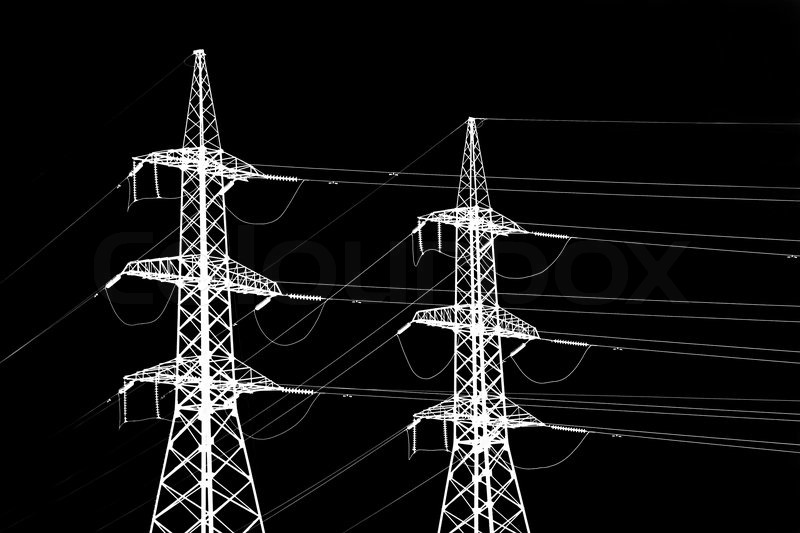- Electricity Generation Falls by 1,450.8MW in Two Days
Despite the near zero rupturing of gas pipelines by vandals in the past three months, particularly in the Niger Delta, the supply of gas for power generation has remained a challenge.
This challenge was badly felt in the sector last week, as the total quantum of electricity generated by generation companies across the country crashed by 1,450.8MW within two days.
After hitting a peak of 4,553.9megawatts on Tuesday, power generation plunged to 3,103.1MW on Thursday, according to industry figures obtained by our correspondent in Abuja on Friday.
The 3,103.1MW was a far cry from what the country requires to meet its current electricity demand, as the National Control Centre put Nigeria’s peak electricity demand at 19,100MW.
The NCC, however, stated that the country’s total installed generation and available capacities were 11,165.4MW and 7,139MW, respectively.
The peak generation ever attained by Nigeria was put at 5,074.7MW, which was recorded about a year ago.
Explaining the magnitude of the gas supply challenge and how it affected power generation last week, the NCC stated that on April 29, 30, May 1 and 2, the gas constraints recorded in the sector led to the inability to generate 2,636MW; 2,181MW; 2,250MW and 2,2907MW, respectively.
“Despite improvement in gas supply due to pipeline availability, gas constraints continue to be reported as increasing,” it said.
The Minister of State for Petroleum Resources, Ibe Kachikwu, last week Tuesday announced that Nigeria witnessed no pipeline vandalism arising from militant activities in the Niger Delta in the past three months.
He stated that the near zero rupturing of pipelines in the oil rich region was mainly due to the consultations and ongoing discussions between the Federal Government and stakeholders in the Niger Delta.
Early this year, the Minister of Power, Works and Housing, Babatunde Fashola, had urged vandals to stop rupturing gas pipelines in order to ensure increased power generation as well as its supply across the country.
On why gas remained a challenge to power generation despite the improvement in pipelines availability, the Executive Secretary, Association of Power Generation Companies, an umbrella body for electricity generating firms in Nigeria, Dr. Joy Ogaji, said the inability of the Gencos to adequately pay for gas was the limiting factor.
She said, “The poor remittance of market funds by the power distribution companies has prevented the rest of the electricity value chain from meeting up with their operations and service their liabilities which include gas payments. Gencos, the supply sector of the industry, can no longer perform the required and scheduled maintenance as well as pay for gas supply.”
Ogaji stated that the Gencos as power producers bought gas to fire up their electricity generating turbines and wondered why the Discos had continually failed to make the remittances needed to run the sector effectively.
She said, “Currently, the domestic gas price approved by the Federal Government is $2.50 per mmscf and you now pay $0.80 for transportation. These things are captured inside the generation company’s tariff as the final price that we charge.
“The final price also includes the operations and maintenance cost. We produce power and send it to the grid, expecting payments from the Nigeria Bulk Electricity Trading Plc based on how the market is structured. But we only get about 30 per cent of what is due to us.”
Ogaji went on, “Can any business person survive like that? We’ve been surviving on credit and loans from our lenders and they have sent us threatening letters. The gas companies are not happy too and recently about 23 power units could not produce because we don’t have gas.
“But how can we pay for gas with so much debt on us? We have the capacity to give Nigeria up to 12,500MW of electricity, but without this money, how do we survive? Our installed power generation capacity is 8,000MW, but funds paucity is dragging us down.”

 Forex3 weeks ago
Forex3 weeks ago


 Naira2 weeks ago
Naira2 weeks ago
 Billionaire Watch2 weeks ago
Billionaire Watch2 weeks ago




 Naira3 weeks ago
Naira3 weeks ago




 Naira2 weeks ago
Naira2 weeks ago




 Naira1 week ago
Naira1 week ago




 Naira4 weeks ago
Naira4 weeks ago




 Naira4 weeks ago
Naira4 weeks ago






















